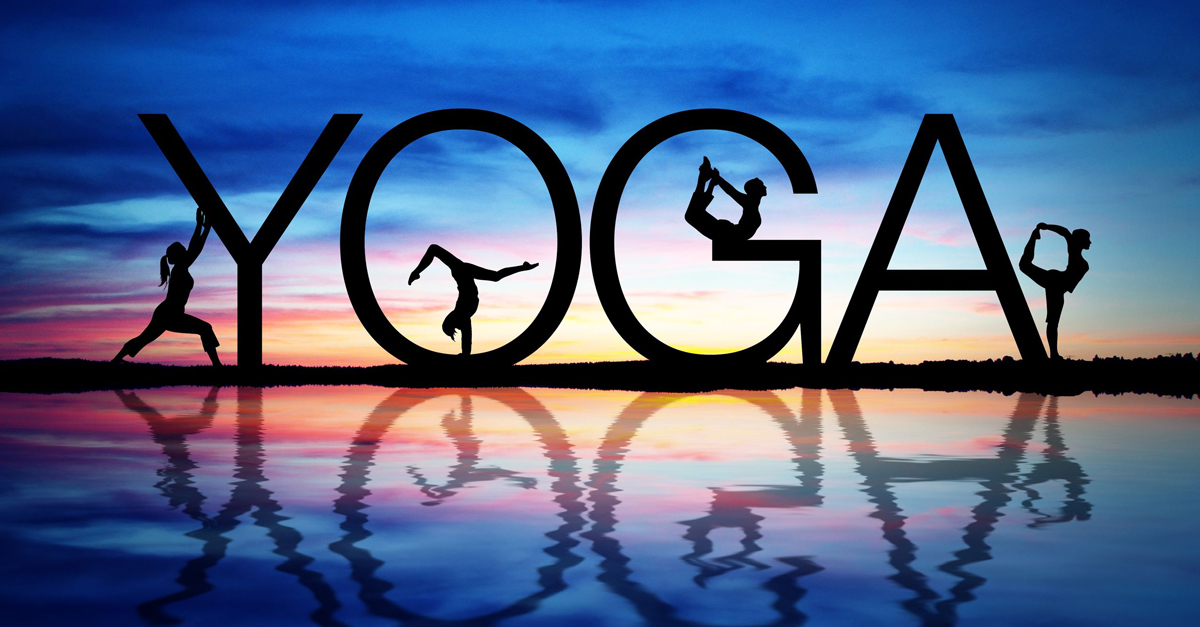When was the last time you had a really good nights sleep? Do you still know how it feels to wake up feeling truly refreshed?
Quality sleep has become a luxury amid our fast-paced lifestyle. There’s just so much to do with too little time. Sleep deprivation, sadly, is the norm. Without a doubt, not getting enough sleep makes for a rough day and can spell disaster in the long term if it is not dealt with.
 The repercussions of sleep deprivation go beyond irritability and sluggishness. A recent study suggests that seven nights of insufficient sleep can lead to more than 700 genetic changes.
The repercussions of sleep deprivation go beyond irritability and sluggishness. A recent study suggests that seven nights of insufficient sleep can lead to more than 700 genetic changes.
The Division of Sleep Medicine at Harvard Medical School warns that in the short term, insufficient sleep can “affect judgment, mood, ability to learn and retain information, and may increase the risk of serious accidents and injuries.” Long-term sleep deprivation has grimmer consequences—obesity, diabetes, cardiovascular disease and even premature death.
Prof. Dr. Colin Smith, of Surrey University, warns, “Clearly, sleep is critical to rebuilding the body and maintaining a functional state, all kinds of damage appear to occur. If we can’t actually replenish and replace new cells, then that’s going to lead to degenerative diseases.”
Quality sleep, like nutritious food and exercise, is a basic need of the body. The non-profit National Sleep Foundation recommends a sleep range of seven to nine hours for people aged 18 to 64 and seven to eight hours for older adults aged 65 years and older. If you’re not getting at least seven hours of shut-eye each night, it’s time to consider a lifestyle change and possibly make a visit to the doctor since some sleeping problems may suggest an underlying psychological or medical issue.
There are several natural ways to get back on a natural sleep cycle. Eating a balanced diet, exercising regularly, and limiting the use of electronic gadgets is highly recommended.
Some facts on how yoga can lead to a good nights sleep.

Yoga relaxes the nervous system
The nervous system is responsible for getting a restful sleep at night. An active nervous system is one of the primary impediments to catching the sleep wave.
Yoga, which involves posture and breathing exercises, increases blood flow to the brain’s sleep center. This helps calm the nervous system and normalize the body’s sleep cycle. Some recommended yoga poses to relax the nervous system include uttanasana, halasana, and savasana. Be warned, however, that certain types of yoga such as bhastrika pranayama and sudarshan kriya yoga must be avoided in late evenings as these boost the body’s energy levels, making it hard to fall asleep.
Yoga cuts down anxiety and stress
Stress is a public health concern. It may be taken as an expected consequence of modern living, but its hazards should not be taken lightly. Stress contributes to our increased risk in developing high blood pressure, cardiovascular diseases, cancer, and a myriad of other ailments.
According to a recent study by the Anxiety Disorders Association of America (ADAA), 70% of surveyed individuals who experience anxiety or stress daily confessed to having too little sleep. Moreover, 54% of the respondents said that their mental disorders increased anxiety about falling asleep at night.
Better sleeping because of yoga is attributed to the ability of meditative activities in quieting the mind. Putting ones focus on a single focal point provides an outlet to release energy blocks that may be causing stress. One simple solution for reducing sleep-related stress is to spend a few minutes before bed either taking a few relaxing yoga poses on the mat or in bed each night. Try it–it works!
Yoga rejuvenates the body
One of the important benefits of yoga is its rejuvenating effect on every aspect of life. It eliminates toxins and revitalizes the entire body down to the cellular level. The breathing exercises boost the body’s oxygen levels while relaxed stretching generally has a calming effect, which usually results in improved sleep patterns.
Toronto-based yoga teacher Darcie Clark says, “When you slow down and stay in a pose, you can feel different areas of the body that are tense and holding on from your day and gradually let that go as you sit and breathe through the pose.”
Regular yoga practice on a daily basis will impact not just how we feel during the day, but how our bodies wind down towards the evening. Some other recommended yoga poses in the evening before sleeping include balasana or child’s pose, janu sirsasana or head-to-knee pose, and baddha konosana or bound angle pose. Rest like a baby by regularly practicing all three of these poses before dozing off in bed.
Yoga is an effective bedtime ritual

Getting quality sleep can be a challenge when we have too many things on our minds. It’s well-documented that our obsession with our electronic gadgets at night usually adds up to sleep troubles. Sleep experts recommend developing a bedtime ritual that doesn’t involve alcohol, caffeine, electronic gadgets, and too much stimulating thinking. Incorporating 5 yoga moves before bedtime into the evening routine is the perfect way to turn down the noises of the day and relax the body. Even just making a few yoga poses a part of the evening ritual can lead to a blissful night’s rest.













